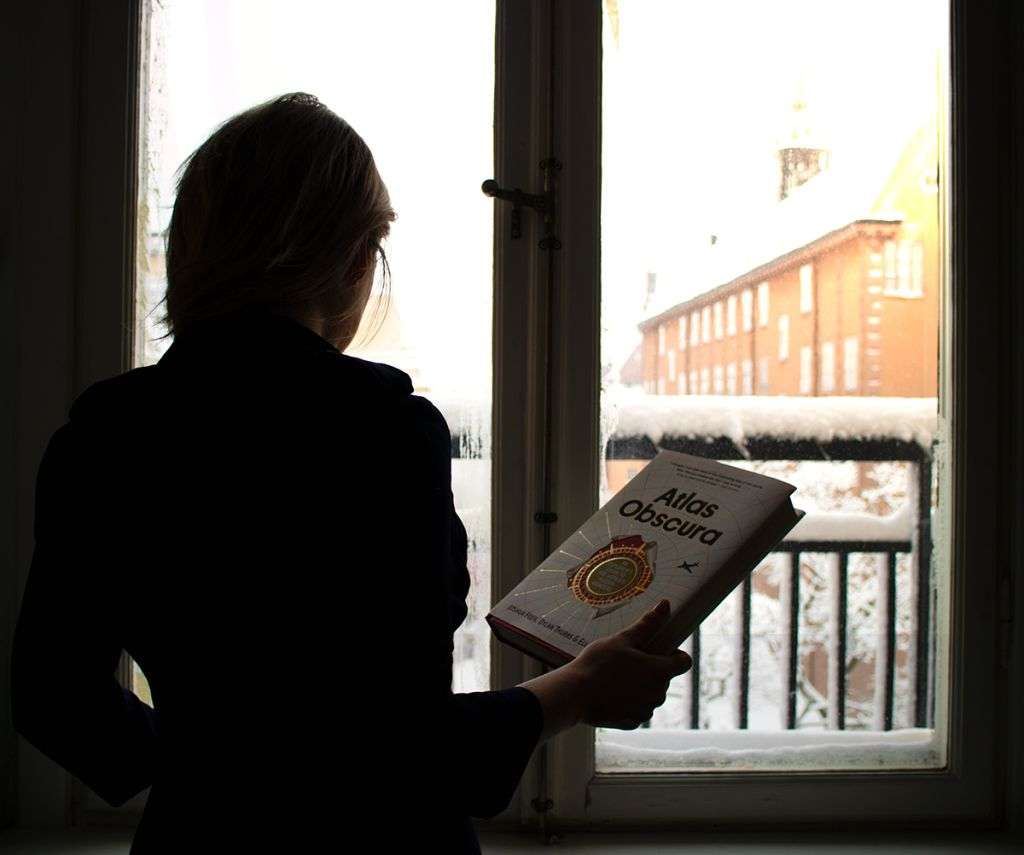A few days ago, one of my favorite authors released the latest book in his series. Curious as I was, I logged in to the audiobook app on the same day as the book was released to see if it was available there. Jackpot. The English edition was available. I immediately downloaded it. Who can wait for the Swedish translation? Not me.
In this modern day we are spoiled by the fact that everything is fast and available instantly. Music, news or books. We expect it to be available in the right format, on the right platform. Over ten years ago, the music industry went through a major transformation. We stopped buying CDs and preferred to have music in digital format on MP3 players or on our computers. Many people used file-sharing sites such as Napster and Piratebay to obtain music illegally. The music industry did what it could to try to stop the pirates, but it was only with the creation of music streaming services like Spotify that file sharing declined. They offered music in a format and at a price that people were willing to pay.

Author and journalist Cory Doctorow describes it this way in his book Information Doesn’t Want To Be Free: “If music as an object (CD, vinyl, cassette tape) were to lose value, other things – things that can’t be reproduced, things like concerts and personal encounters – would increase in value”. He had a point. Today, artists no longer make as much money from selling music, they make money from concerts and merchandise.
So what does the future of the book industry look like? Today, digital books account for 15% of publishing sales, according to Svenska förlag AB. An e-book costs between SEK 50 and 175, almost as much as a physical book, and more than a paperback. I don’t get that equation because an e-book is a file that doesn’t cost publishers anything to produce. The e-book, to me, does not have the same value as a physical book.
Trying to limit the illegal distribution of files through digital locks did not work for the music industry and will most likely not work for the book industry. Why not try to find platforms and formats at reasonable prices? The discussion on copyright in the digital world should not be about restricting access to culture such as books, music, films and games through mass surveillance of what ordinary people do online.



